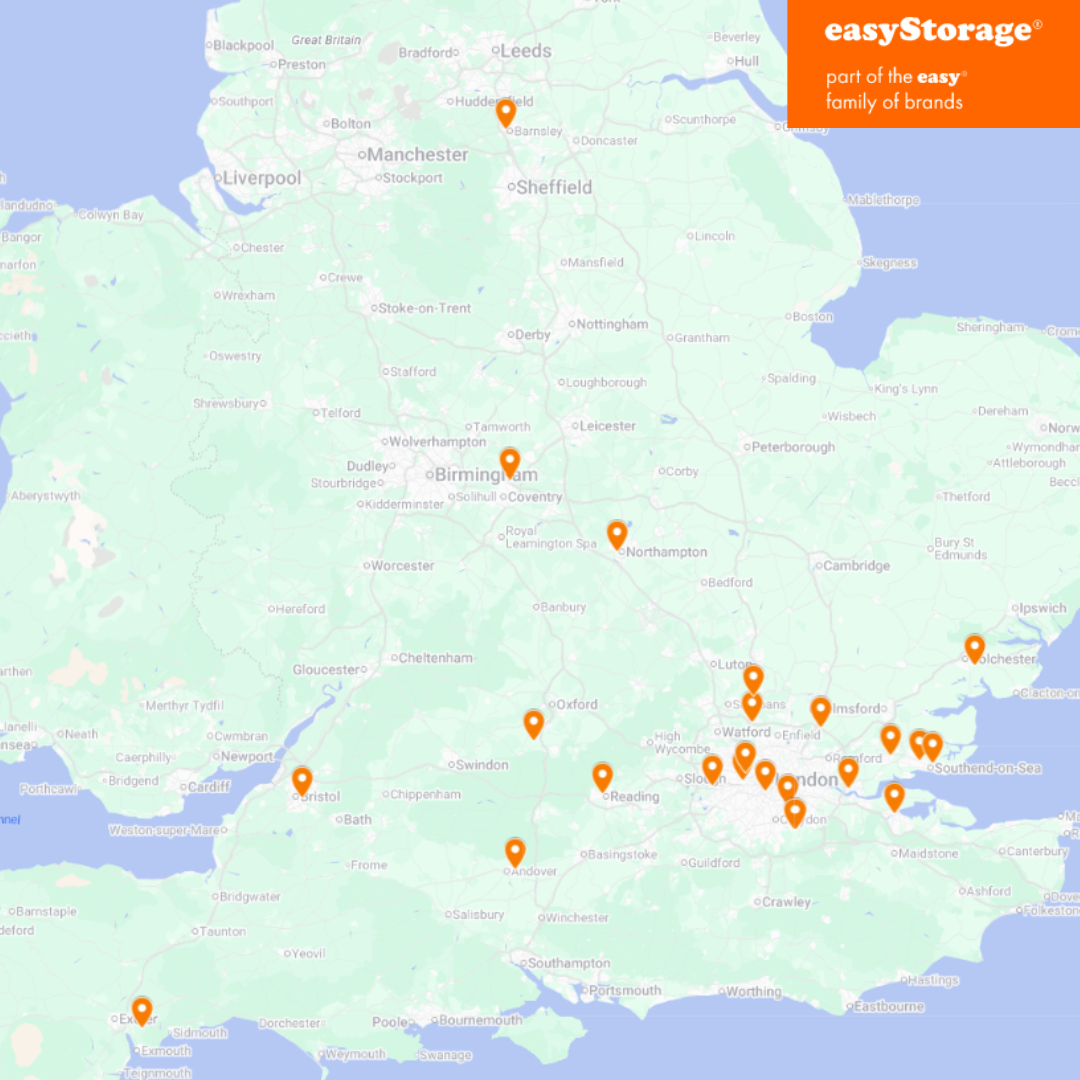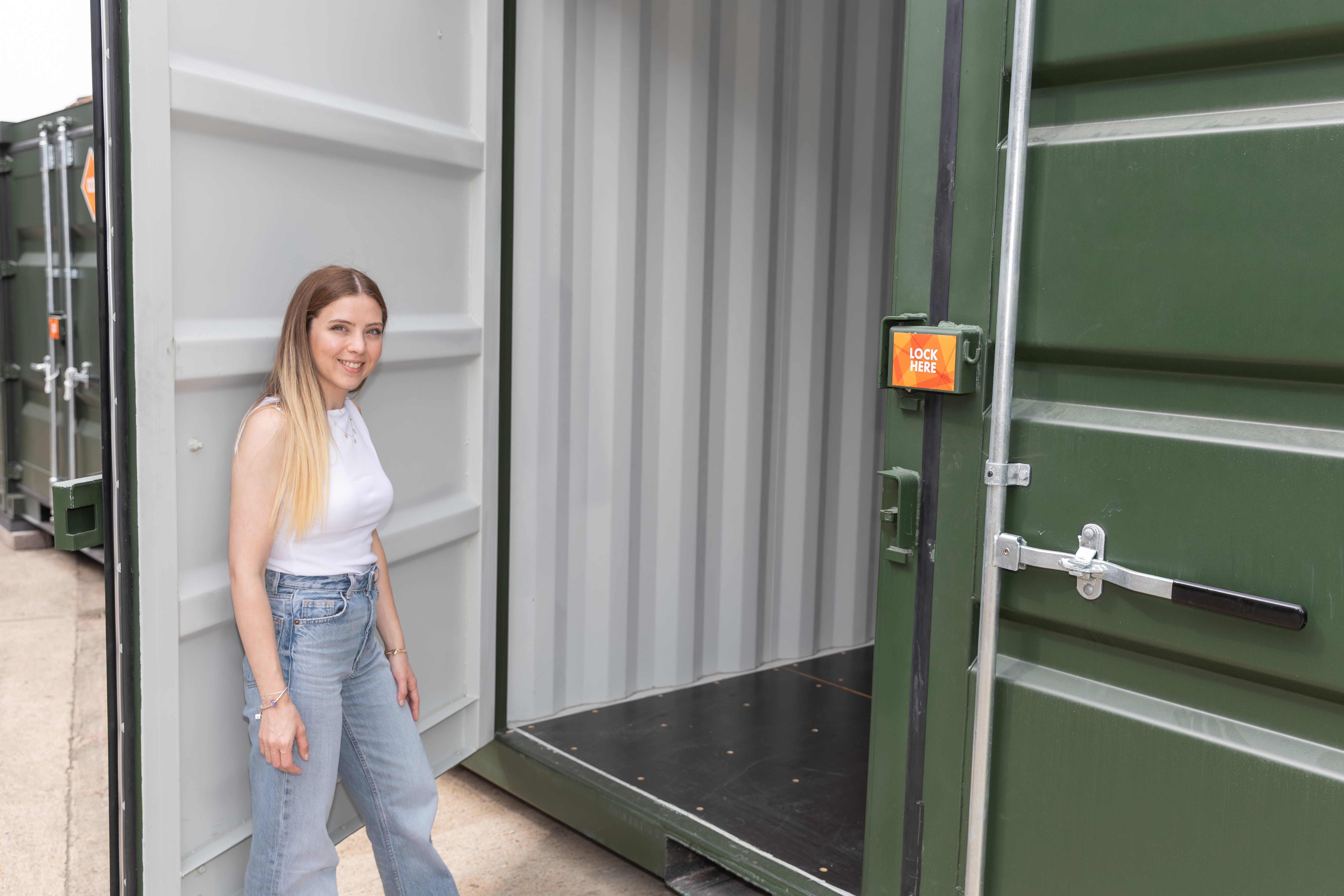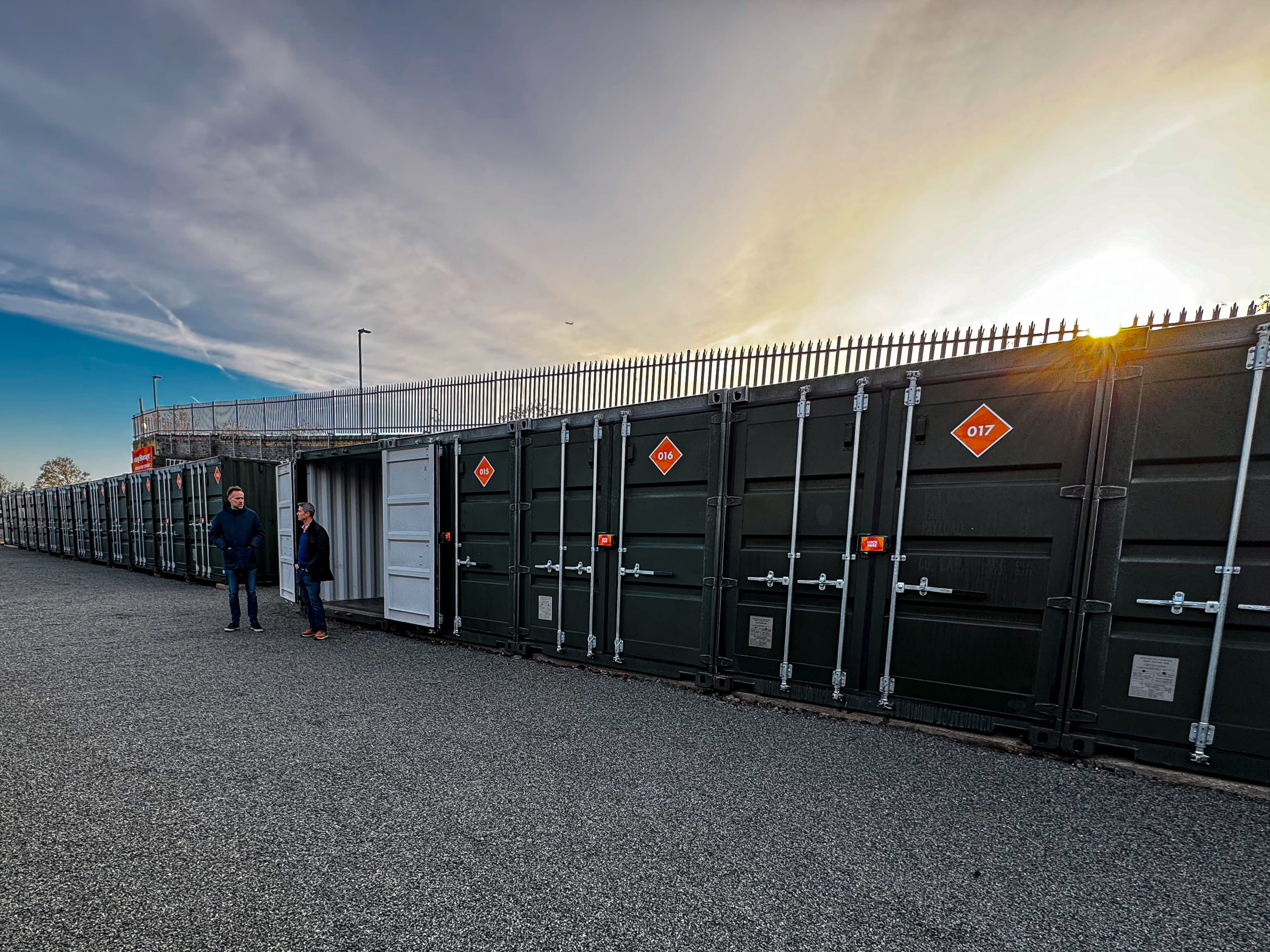State of Storage
UK Self Storage Explained. What you need to know
The Self Storage Association UK Annual Industry Report, now in its 7th year, showed that over seven years there has only been a tiny increase in awareness and understanding of self-storage.
Everyone thinks they know what self-storage is. And to some extent this is true, but there have never been more options for people needing a little space, at better prices than ever.
So, being the friendly, helpful folk we are at easyStorage, we decided to lend a hand.
According to the last available figures (end of 2019) there are almost two thousand self-storage facilities in the UK, of which just over a quarter, especially in rural communities, are container-based storage (converted shipping containers or similar). These storage units operate across almost a thousand different brands, many independently owned, representing around 49 million square feet of self-storage – well over 100 Wembley Stadiums.
Whilst less than 2% of the UK population use self-storage, those that do often become ‘fans’ – more than 40% of users have used self-storage previously. Increasing options and far clearer pricing, as well as the need to do more with our homes thanks to COVID, are making self-storage increasingly appealing.
To help unravel options for users (and would-be users), we take a brief look at the multiple UK self-storage choices now available to users.
Self-Storage Survival Under COVID
The combined effects of COVID and of Brexit were always going to leave a question mark over winners and losers in business, and ours (self-storage) was no exception, especially in a tough economic climate. In the early days of COVID some of the big, listed storage companies experienced the share price wobble that almost every industry faced.
There were many self-storage unit mergers and acquisitions in 2019, and in the early stages of the COVID crisis, self-storage bookings somewhat declined, albeit unequally: storage in London, the South East and the East dropped in occupancy.
By contrast, other areas showed slight increases, and easyStorage grew by 3.5 times in the last year alone, showing a real demand for better value storage.
What is Self-Storage?
Since self-storage in the UK is not regulated in the way that utilities and banking are, there is no strict government definition of self-storage. European Standards were drafted years ago, way before newer options came onto the market. They primarily focus on the difference between self-storage and remover’s storage, defining minimum levels of customer security and legal protection.
Around 25% of respondents in a YouGov survey felt that self-storage was not an option for them because they imagined pricing was high. Whilst this may be true of traditional self-storage, particularly in the London area, there are a wide range of options now available to storers.
Today’s storage users include way more options than the two options defined by European standards, so don’t a lack of formal, legal definitions hold you back from what’s right for you. The self-storage industry has grown by at least 30% in the past five years.
Traditional Self Storage
The Self-Storage Association (SSA) defines a self-storage unit as “a securable static space less than 500 square feet in size that is to be used by a person or business for the storage of their goods.”
Customers have exclusive, ready access to their space during normal office hours. These units are rented out and can be used for personal storage or for businesses to receive, dispatch and pack goods in storage.
People clearly want their self-storage to be close to home. Around 56% of people travel 15 minutes or less and 71% travel 20 minutes or less to their self-storage, although people are showing an increasing willingness to go further for better prices.
For businesses needing constant access to their stock, these storage units can be a life saver.
However, around three quarters of storers access their unit once a month or less, even if you include business customers. People continue paying for the convenience of access that they really don’t need. For example, easyStorage uses the storage model and is able to offer self-storage at around half the price of traditional self-storage.
Mobile Storage
Mobile storage should not be confused with home storage units, where people are delivered a container to store their things in at home.
Mobile storage brings portable units to customers, packs them, stores them, and then returns them on request. For those for whom location was previously an issue, the fact that mobile storage comes to the customer, rather than the customer going to them, makes the storage location a non-issue.
Currently, only around 3% of storers use mobile storage, possibly because people are unaware of the option.
Peer to Peer Storage
Peer to peer storage is storage in the space of another person with a formal agreement in place. It’s a slight step up from storing in a friend’s garage or room. Around 5% of people using self-storage looked at this option before storing, but as yet we have no figures regarding how many people use this option.
It’s popular in the USA, less so in the UK, possibly because it’s informal and less well organised. UK storers tend to want safe, secure, short term options, although the advent of mobile storage with its lower cost structure, high property prices and COVID financial uncertainty may make storage for ‘lifestyle’ reasons (keepsakes and seasonal items) a more normalised option in the UK.
Storage with a removals company
Companies helping with house moves can often offer a short-term storage option to customers, usually in the containers used to pick up goods for removals. This can make a great short-term option for home moving. For keeping things until needed, longer term, and giving space to mover to move in and assess their needs, mobile storage may provide a more flexible option.
Home storage units
It is possible to have a container delivered to your home to store things in. This option is very cost effective for those with large amounts to store and a large space to put a container.
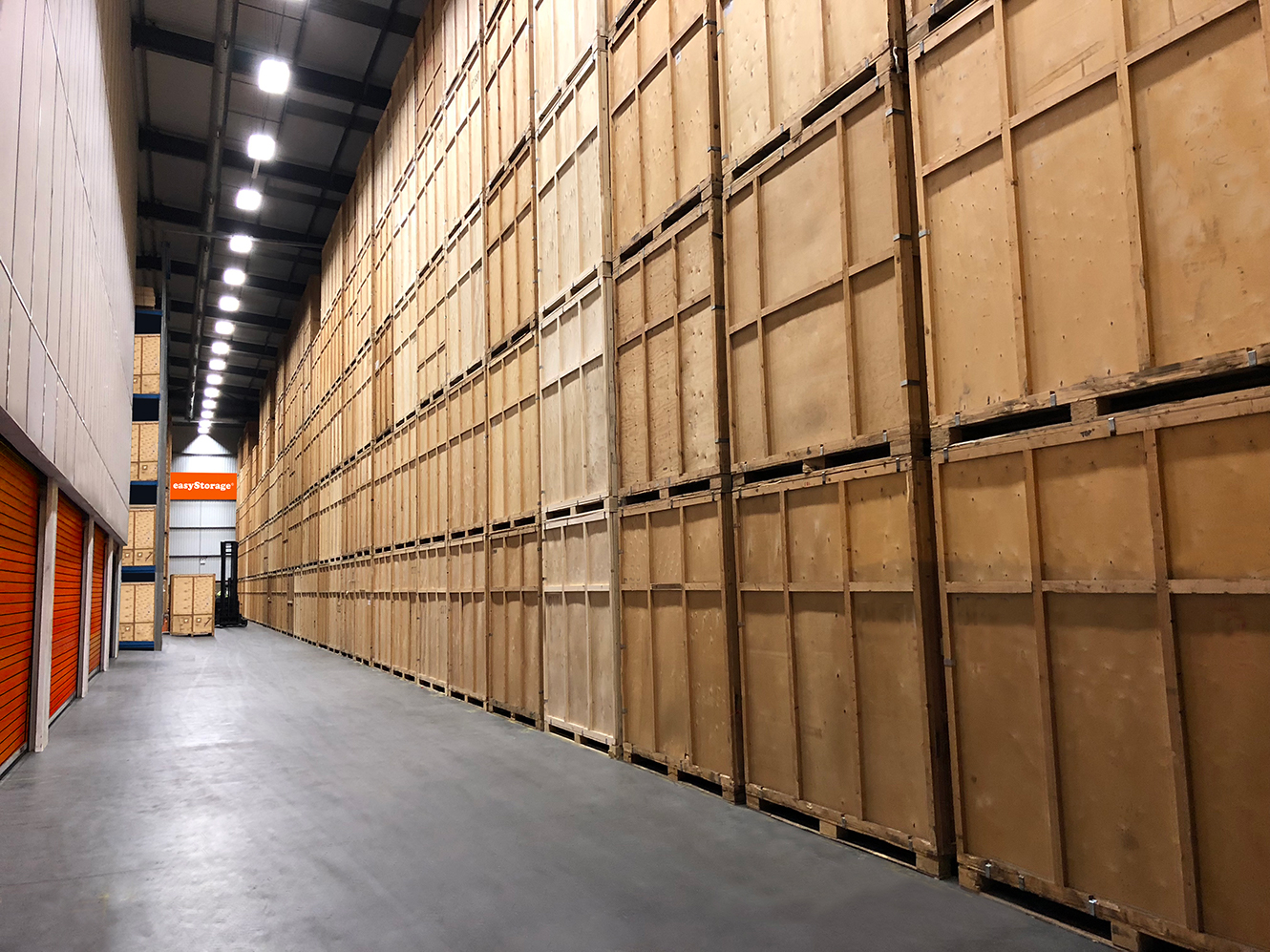
In summary
Customers have never had a better range of options.
For a no obligation quote on storage, you don’t even need to make a call: https://book.easystorage.com/
You can even work out how much space you’ll need.
Self-storage is easier (see what we did there!) than ever before.
.png)
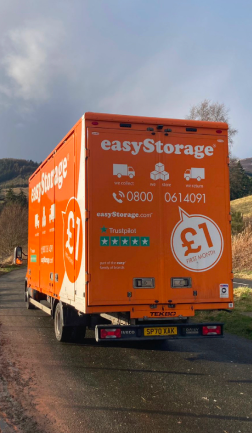
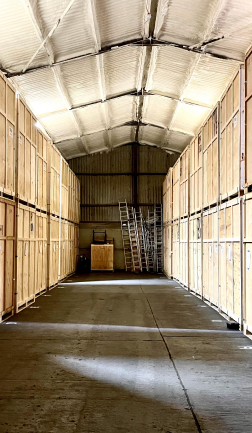
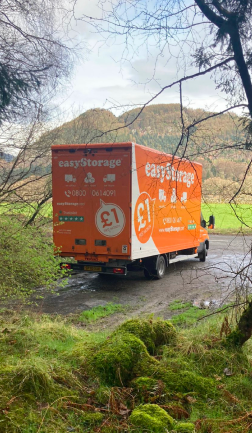
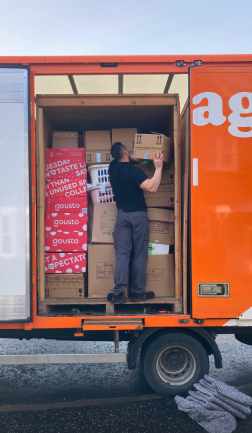
.png)

.png)
